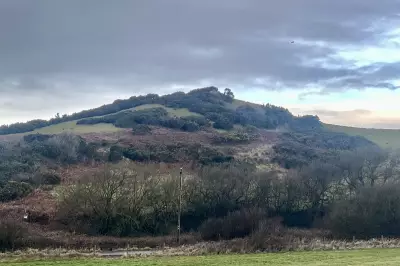
A new health alert has been issued across the United Kingdom as a fresh family of Covid variants, nicknamed 'FLiRT', begins to circulate. Health officials are particularly concerned about one specific strain, KP.2, which has been identified in five regions, prompting warnings for vulnerable populations.
What is the 'FLiRT' Covid Variant?
The term 'FLiRT' is an acronym derived from the technical names of the mutations found on the virus's spike protein. These variants are direct descendants of the JN.1 Omicron strain, which dominated infections throughout the previous winter. The KP.2 variant is among the most prominent and potentially transmissible of this new group.
Regions on High Alert
According to data from the UK Health Security Agency (UKHSA), the variant has been detected in five key regions:
- East of England
- London
- South East
- North West
- West Midlands
Health authorities are monitoring the situation closely, analysing wastewater and case data to track its spread and potential impact on hospitalisation rates.
Recognising the Symptoms
While similar to previous strains, the symptoms associated with the FLiRT variants can include:
- Runny Nose: A common and often early sign.
- Cough: Typically a persistent, dry cough.
- Sore Throat: Often described as scratchy or painful.
- Fatigue: Unusual and overwhelming tiredness.
- Headache: A frequent complaint among those infected.
- Muscle Aches: General body aches and pains.
Notably, the classic loss of taste or smell appears to be less common with these newer variants compared to earlier strains of the virus.
Expert Advice and Public Health Guidance
Experts are urging the public, especially those who are elderly or clinically vulnerable, to remain vigilant. Professor Steven Griffin, a renowned virologist, emphasised the importance of booster jabs for eligible groups, stating they remain the best defence against severe illness.
The public is advised to follow familiar precautions if they develop symptoms: limit contact with others, particularly in crowded or poorly ventilated spaces, and consider wearing a face covering if you need to go out.
This development serves as a crucial reminder that the Covid-19 virus continues to evolve, and public awareness is key to managing its spread and protecting community health.





